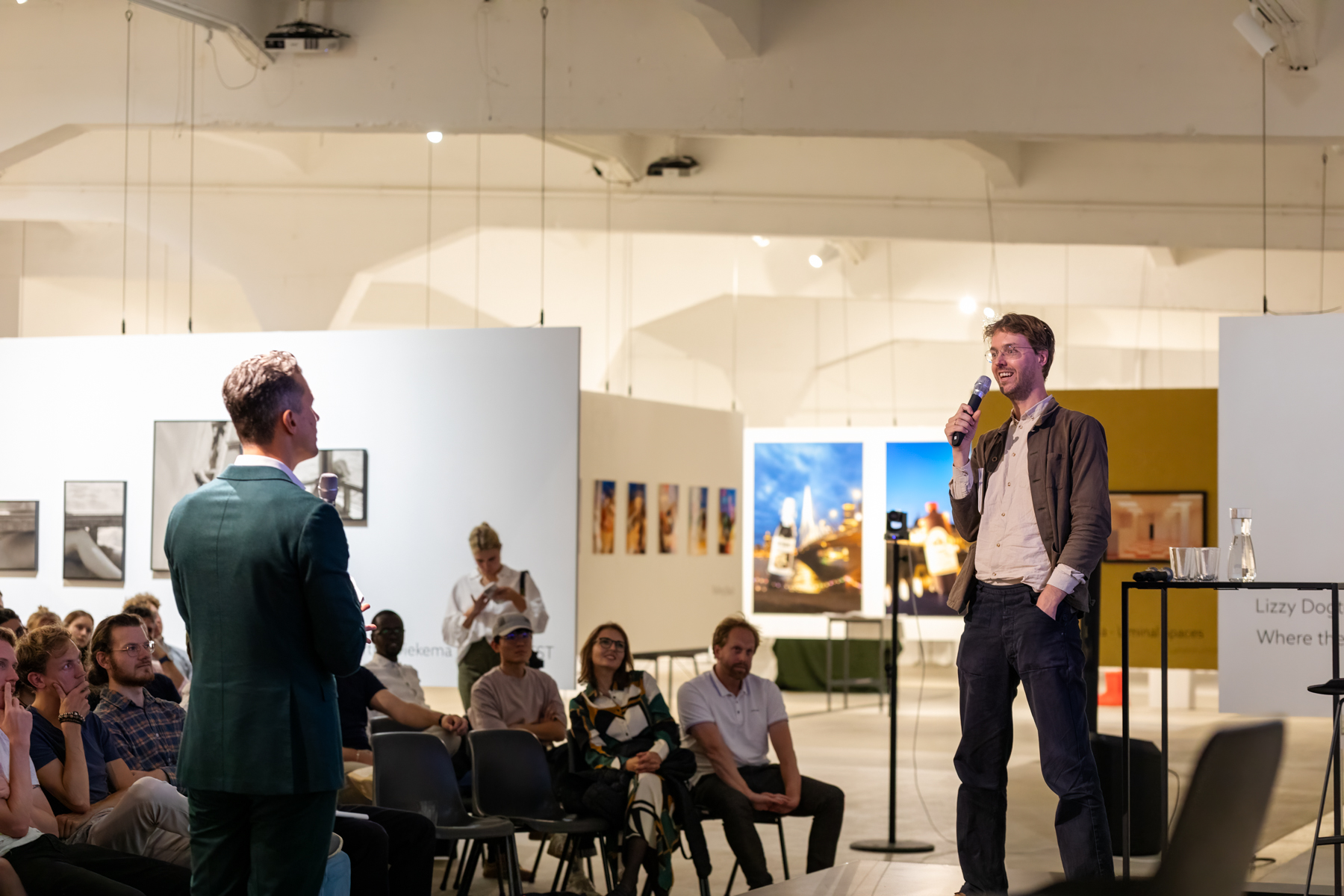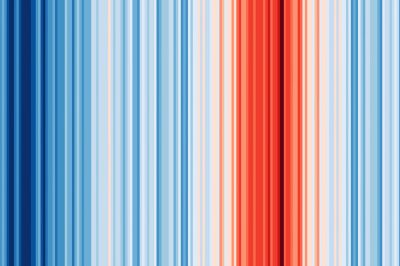
Carbon Stories: We need to talk about installations!
Installations are a blind spot in the world of embodied carbon. Can we get a grip on this? Can these emissions be reduced? Do we really need all these installations? Thursday, June 20, GROUP A-CARBONLAB, International Architecture Biennale Rotterdam (IABR) and KeileCollectief organized the 10th Carbon Stories debate titled ‘We need to talk about installations!’ at the Keilepand. On this evening Bas Hasselaar (DGMR), Jacco Paauw (ABT-Lüning), Carla Rongen (Aveco de Bondt) and Willem van Genugten (GROUP A – CARBONLAB) shared their views on this subject based on their collaboration on two design variations for a Paris Proof and Climate Positive building for Rotterdam. Watch the event here.
In times of climate emergency we all need to rethink where we build, what we build and how we build it. We are aiming for more attractive cities with energy neutral buildings made out of sustainable materials. These are not isolated steps: we need to integrate typology, energy concept and materiality in order to achieve Paris Proof, even Climate Positive built environments.
The energy concept and the materials that technical installations are made of form the intersection between conversations about kWh and GWPa. In complex projects installations make up 30% of the construction costs and are often estimated to take 30% of the carbon budgets. Estimated, because the GWPa of installations is often a blind spot in data and calculation methods.
This raises the questions: Do we really need all those installations or do we need to take a step back and allow less technology driven solutions to get back into the equation? Can we design and engineer buildings that need little to no installations? In short: We need to talk about installations!
Situated in the exhibition HOW DO WE WANT TO BUILD M4H 2030 the debate with speakers and public will be moderated by Geert Maarse.
This event is English spoken.
Carbon Stories is an initiative of GROUP A | CARBONLAB, International Architecture Biennale Rotterdam (IABR) and KeileCollectief.
